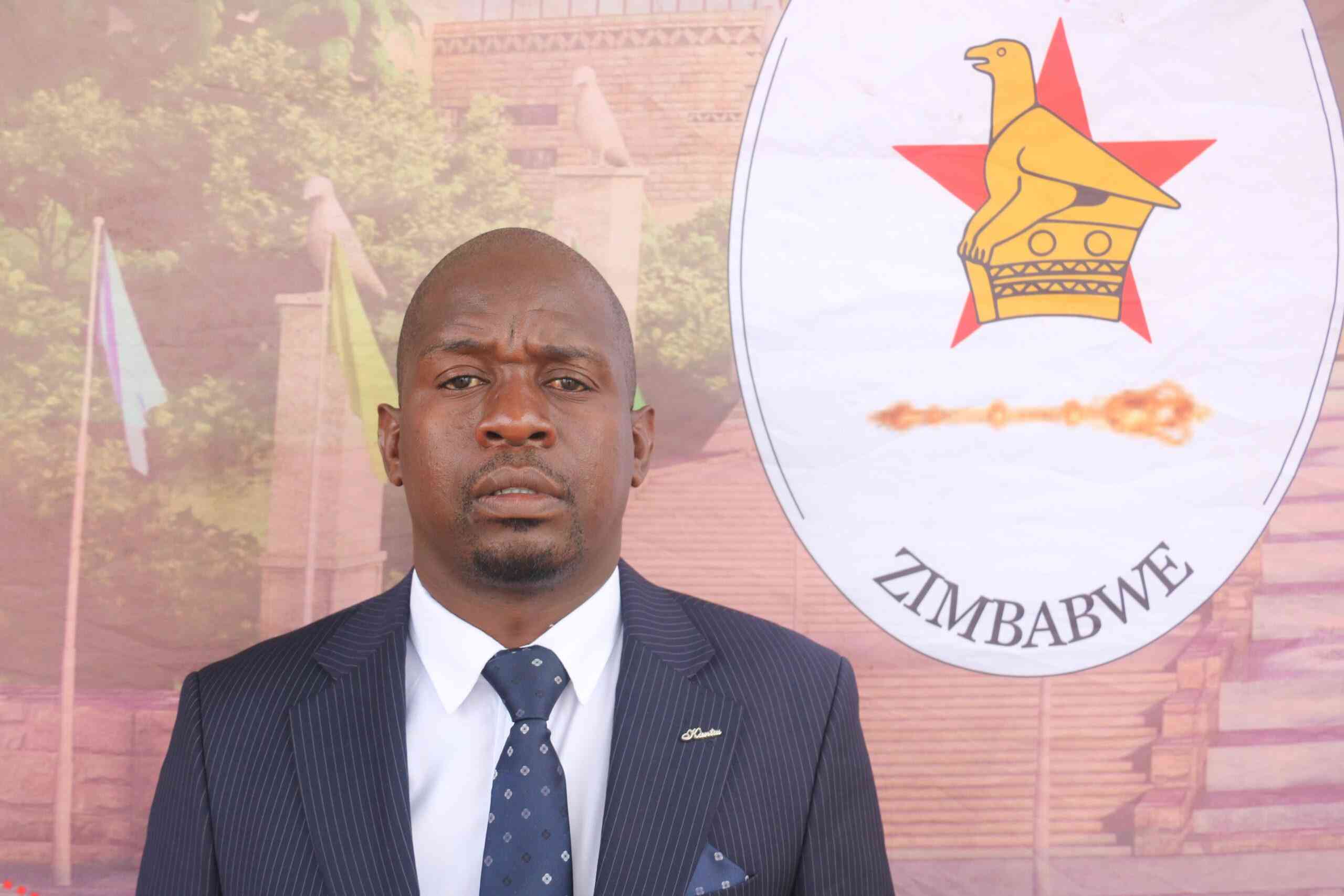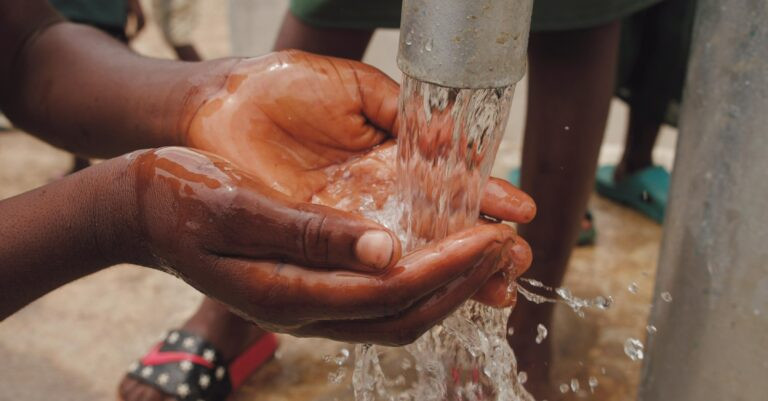
EXPERTS are calling for increased in awareness about emotional abuse, a devastating yet often invisible form of violence, in the face of suicide cases linked to emotional distress.
Community psychologist and mother, Nozipho Mojapelo, described emotional abuse as a silent epidemic, particularly in today’s dating culture popularly known as mjolo, where it is frequently disguised as love or care.
Mojapelo warned that it is one of the most overlooked causes of mental breakdowns and suicide.
“Abuse is not always about bruises,” she said.
“Sometimes it’s the words, the tone, or even the silence that destroys a person.”
She explained that emotional abuse can manifest as constant criticism, humiliation, manipulation, threats, and gas lighting, a manipulative tactic where abusers make victims question their own sanity.
Because it leaves no physical marks, many fail to recognise it, often mistaking control for love.
“I have met women who believe being called ‘useless’ or ‘a failure’ by their partners is a form of discipline or motivation,” Mojapelo said.
- Letters: Africa must make use of its resources
- ‘Let’s take suicide seriously’
- Pupil commits suicide over satanism taunt
- Healing our own form of bronchitis
Keep Reading
She described this as a “slow psychological damage” that erodes confidence and self-worth.
Addressing gas lighting specifically, she said: “When someone constantly denies your truth, they are not seeking peace, they are taking your power.”
Mojapelo linked emotional abuse often to unresolved trauma, citing an example of a young man who shouted at his girlfriend because he believed it was how a man shows authority.
“I told him that what he called authority was actually inherited pain,” she said.
The consequences of this abuse are severe, leading to depression, anxiety, and suicidal thoughts, she warned.
She urged communities to stop dismissing emotional abuse as mere “relationship drama” and to cease normalising destructive behaviour in the name of love.
“Words can build or destroy. When used to destroy, they leave invisible scars that take years to heal,” Mojapelo indicated.
She advised those experiencing abuse to seek help through counseling, support groups, or trusted friends.
Mojapelo also stressed the need for early awareness, advising people to learn about a potential partner’s family background and conflict-resolution skills before committing.
“A person who cannot handle conflict without shouting or threatening may already show signs of emotional abuse,” she noted.
“Love should heal, not humiliate; it should bring peace, not fear.
“We must start naming the pain. Healing begins when we stop hiding our scars.”









